Water, Sanitation, and Food Top South Sudan’s Concerns as Fighting Displaces Millions
The start of the rainy season adds logistical hurdles to the humanitarian response and increases fears of disease outbreaks.
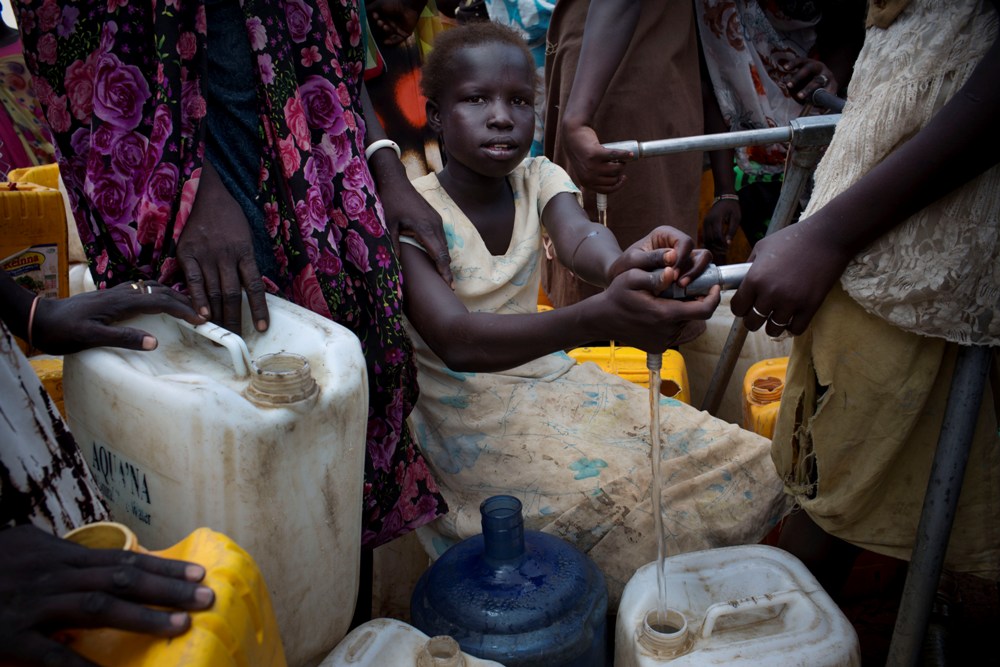
By Brett Walton
Circle of Blue
A government power struggle charged by ethnic undertones is roiling the young country of South Sudan and creating a health and safety crisis for the roughly 1.3 million people uprooted in four months of brutal violence.
According to United Nations and American aid officials, clean water is scarce in many refugee camps, and there are too few latrines. With many farmers cut off from their fields, food production is expected to drop. The UN warns that famine is possible. Meanwhile, the onset of the five-month rainy season brings threats of malaria and cholera outbreaks in packed camps, along with concerns about flooding in low-lying areas.
Delivering aid by truck will be difficult once the rains arrive, and expensive airlifts will be necessary. The size of Texas, South Sudan has just 363 kilometers (225 miles) of paved road in a country of 10.8 million people.
–Sarah Crowe, spokeswoman
UNICEF
“Camps are extremely overcrowded, and there is desperate shortage of safe water,” Sarah Crowe, UNICEF spokeswoman, told Circle of Blue. “Now that the rainy season started, trucks that bring fresh water to people in camps often get stuck in the mud. Many of UNICEF’s partners have fled because of security. It would be hard to find a single South Sudanese who is not in some way affected by the crisis, but children are without doubt paying the greatest price.”
Water and sanitation are two of the biggest challenges facing aid groups, said Jeremy Konyndyk, director of the U.S. Agency for International Development’s Office of Foreign Disaster Assistance.
Konyndyk told Circle of Blue that he visited South Sudan last week. His office is helping move refugee camps in flood-prone areas to higher ground and to build latrines that will not collapse in saturated soils.
As the warring factions meet this week for peace talks in Ethiopia, nearly one million people are displaced within South Sudan, while some 300,000 have fled to neighboring countries, according to the UN, which is threatening sanctions against the political leaders. As many as 4.9 million people – almost half the population – need emergency health care, food aid, or protection. Estimates of the number killed in the civil war are in the range of 10,000.
A Short History of Violence
Ethnic violence, border disputes, and political in-fighting have marked the three years since South Sudan, a poor country that that relies on oil revenues for more than 90 percent of its budget, gained independence from Sudan.
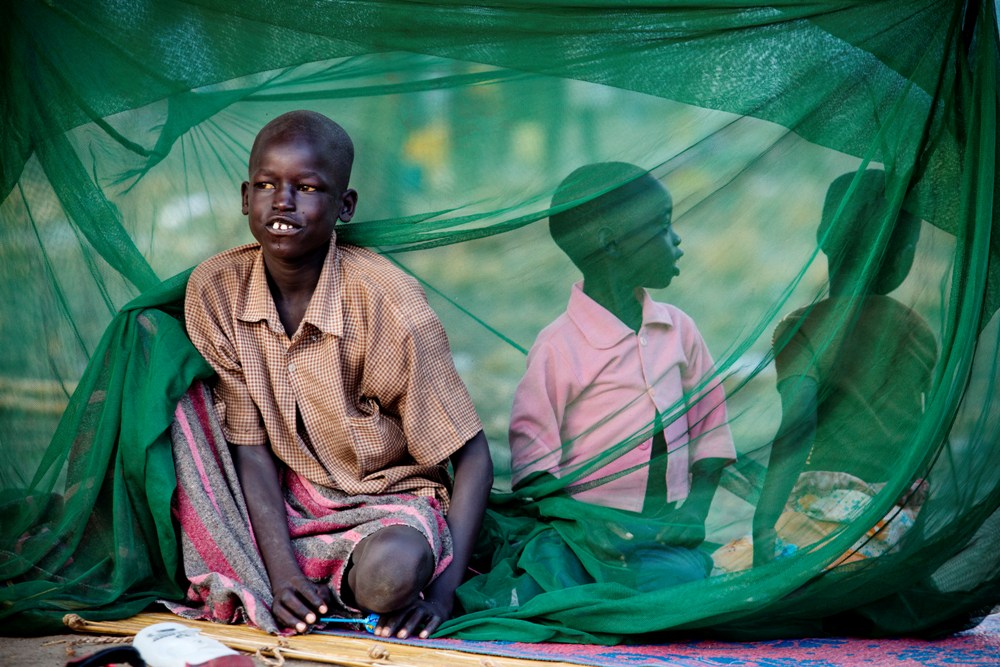
The fighting today, centered in the northeastern states of Jonglei, Unity, and Upper Nile, began in December between factions loyal to President Salva Kiir and rebels sympathetic to Riek Machar, a former vice president sacked by Kiir last July.
Though the political machinations reflect internal divisions still festering from the country’s war for independence, ethnic divisions have compounded the problems, argues the International Crisis Group, a policy think tank. Kiir is a Dinka, the largest tribe, and Machar is a Nuer, the second largest.
These differences can mean life or death for those in the cross hairs. Aid groups report that civilians are being killed because of their political loyalty or their ethnicity. Even a UN compound in Jonglei state was targeted.
Doctors Without Borders, an international health charity working in South Sudan, interviewed those who witnessed an April 15 attack on a hospital in Bentiu, capital of Unity state. One witness described opposition fighters searching for defectors who sought shelter in the hospital. As many as 33 people were killed, Doctors Without Borders claims.
The rapid escalation of violence in a country with little supporting infrastructure created chaos not only on the streets. Refugee camps, too, are places of squalor and disorder.
After the hospital killings, more than 16,000 people fled to the UN peacekeeping base in Bentiu for safety. The base could not accommodate so quickly a tripling of its population. Refugees had access to one liter of clean water per day, and an average of 350 people shared each latrine.
Abysmal sanitary conditions at a similar base in Juba, the national capital, led Doctors Without Borders to issue a heated rebuke of the UN’s diligence in protecting the most vulnerable. The group called the UN’s delay in relocating refugees out of poorly-drained, disease-prone areas in its camps a “shocking display of indifference.”
Among many needs, adequate toilet facilities stand out. Konyndyk, the USAID official, said temporary latrines built to dry season standards collapsed as the rains soaked the soil. His teams are building stronger, larger structures by using buried shipping containers.
“They will not collapse, they can be easily emptied, and they will not seep into the ground,” Konyndyk said.
Though fighting is concentrated in three states, the entire national economy is affected. Through March, oil production was down 29 percent and was halted altogether in Unity state. Agriculture also is unsettled, said Konyndyk.
“The whole food security situation is tough right now,” he told Circle of Blue. “There are major disruptions to markets. Farmers are not able to access fields. They can’t get to areas they would normally plant. We expect significant disruptions to crop production.”
Meanwhile, the search for a political resolution resumed this week. The South Sudanese government and rebel leaders reopened peace talks Monday in Addis Ababa, the Ethiopian capital.
Brett writes about agriculture, energy, infrastructure, and the politics and economics of water in the United States. He also writes the Federal Water Tap, Circle of Blue’s weekly digest of U.S. government water news. He is the winner of two Society of Environmental Journalists reporting awards, one of the top honors in American environmental journalism: first place for explanatory reporting for a series on septic system pollution in the United States(2016) and third place for beat reporting in a small market (2014). He received the Sierra Club’s Distinguished Service Award in 2018. Brett lives in Seattle, where he hikes the mountains and bakes pies. Contact Brett Walton


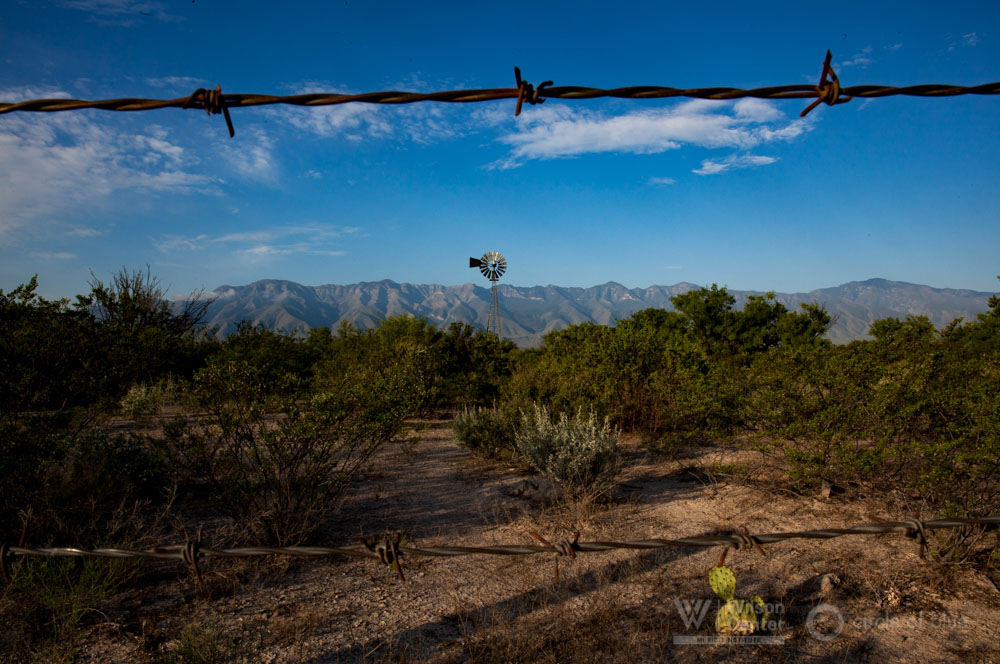
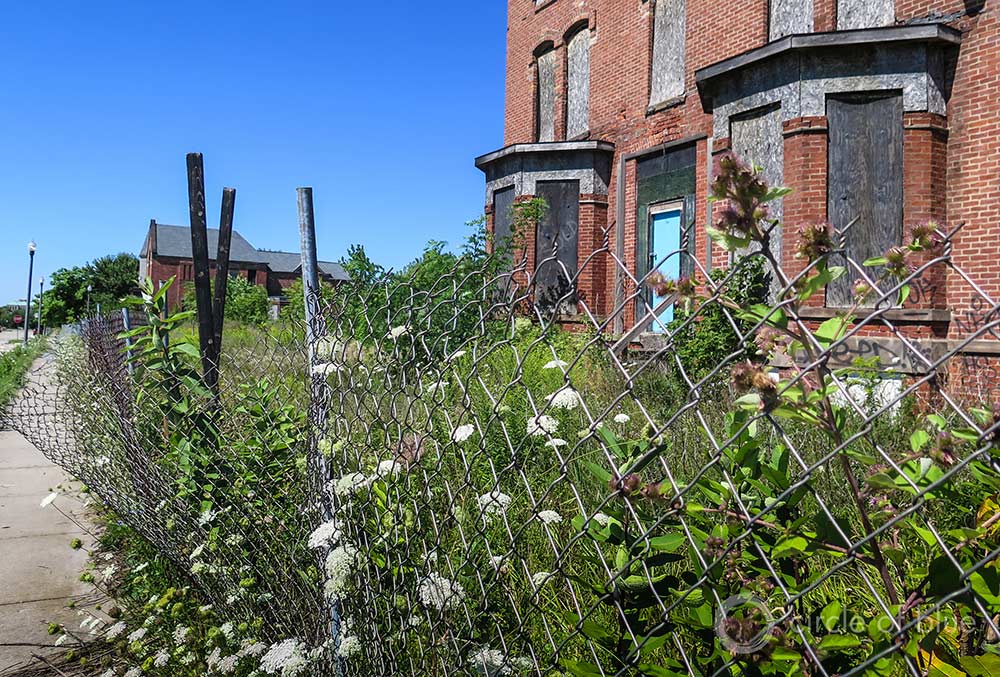
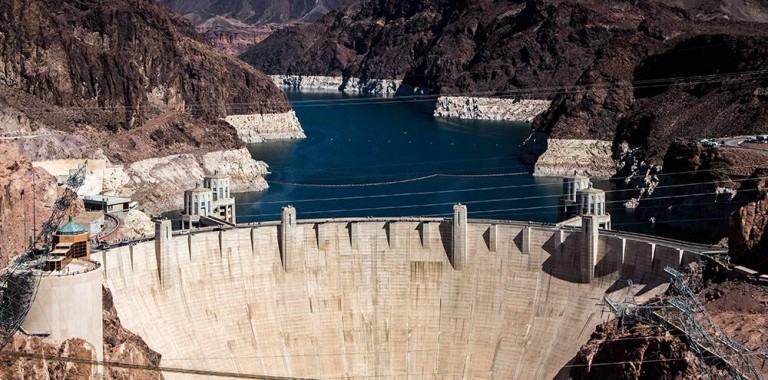
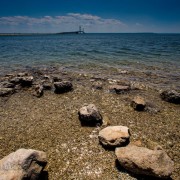

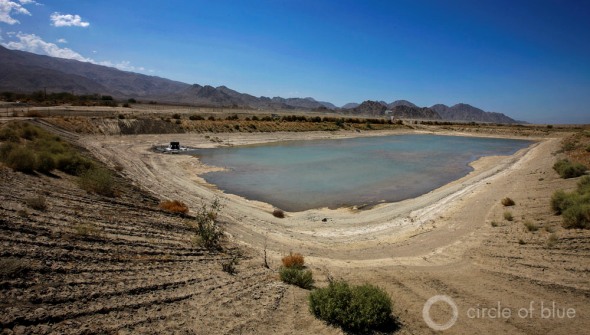

Leave a Reply
Want to join the discussion?Feel free to contribute!